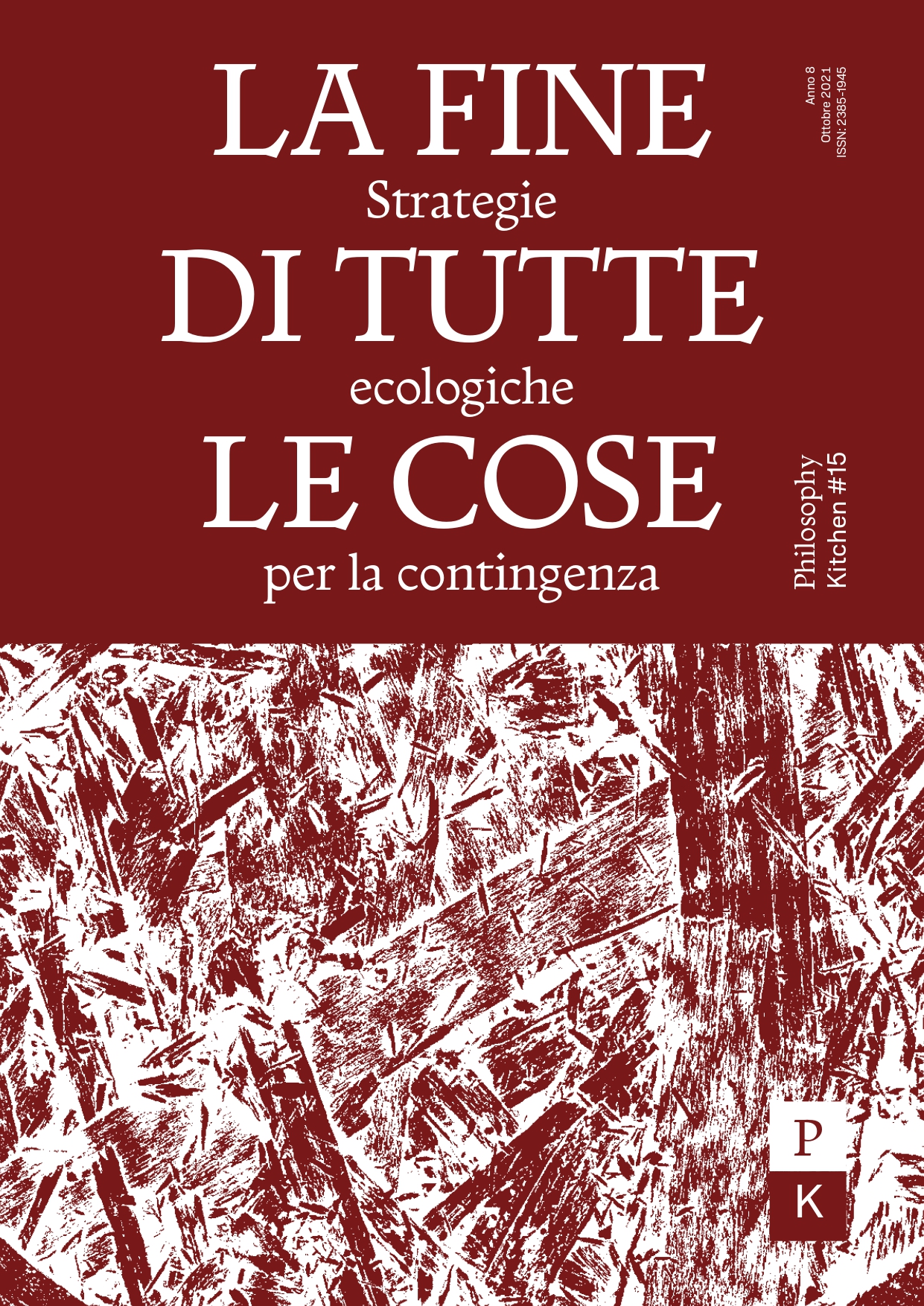'Ô mes amis, il n’y a nul amy'. Ours Populate the Desert
DOI:
https://doi.org/10.13135/2385-1945/6221Abstract
The concept of “attachment to the Earth” is encountering a growing success in the field of political ecology. It has been particularly invested by Bruno Latour who tries to change our perspective on ecological struggles by using and transforming Schmittian arguments to apprehend territoriality, social classes, friendship and enmity. For Latour, ecology is a matter of delineating a new “nomos of the Earth”. We argue that, in this movement, his concept of “Gaia” as a network of relations loses its emphasis on multiplicity. Latour seeks to build a hegemony with this new political attractor. We show that this strategy is both in principle and in practice aporetical. Hence, against Latour, we set up the lineaments of a politics of multiplicities between Pierre Clastres, Gilles Deleuze and Eduardo Viveiros de Castro.





